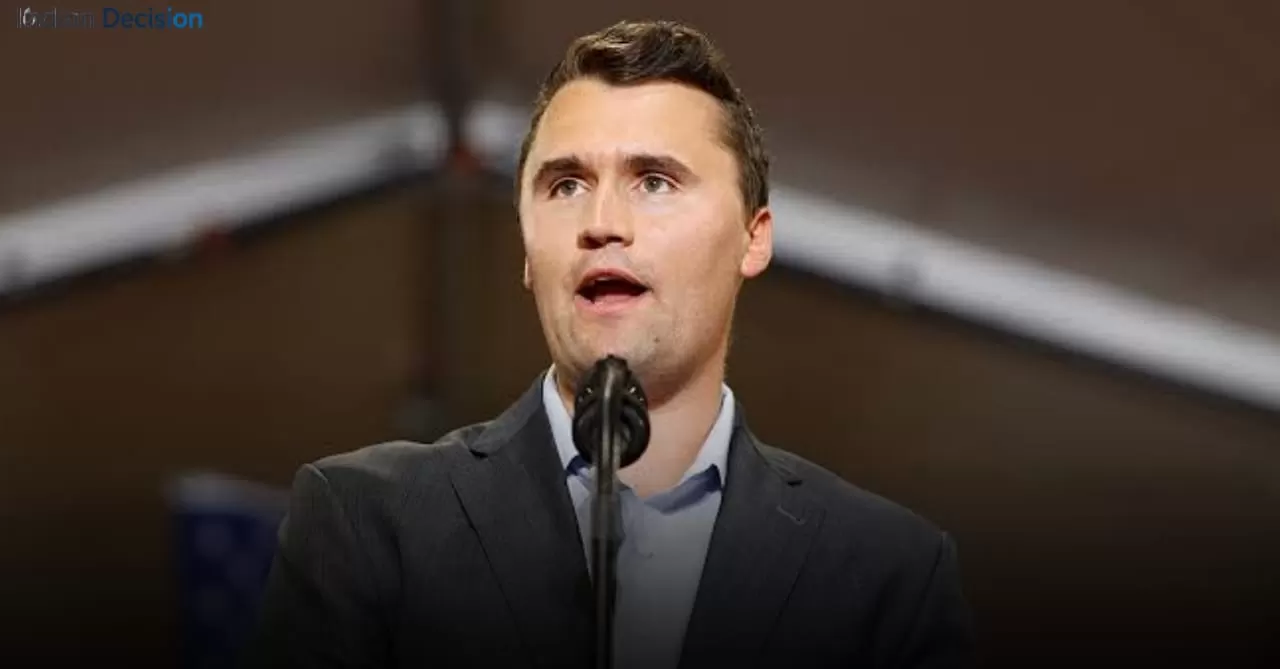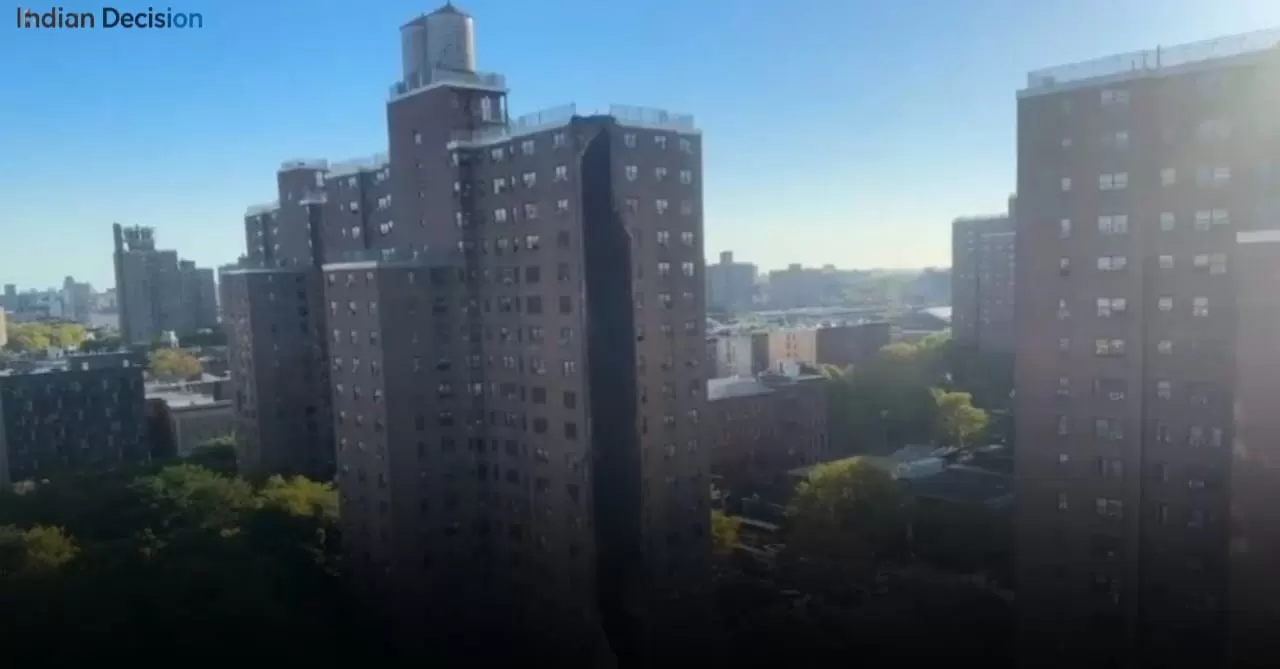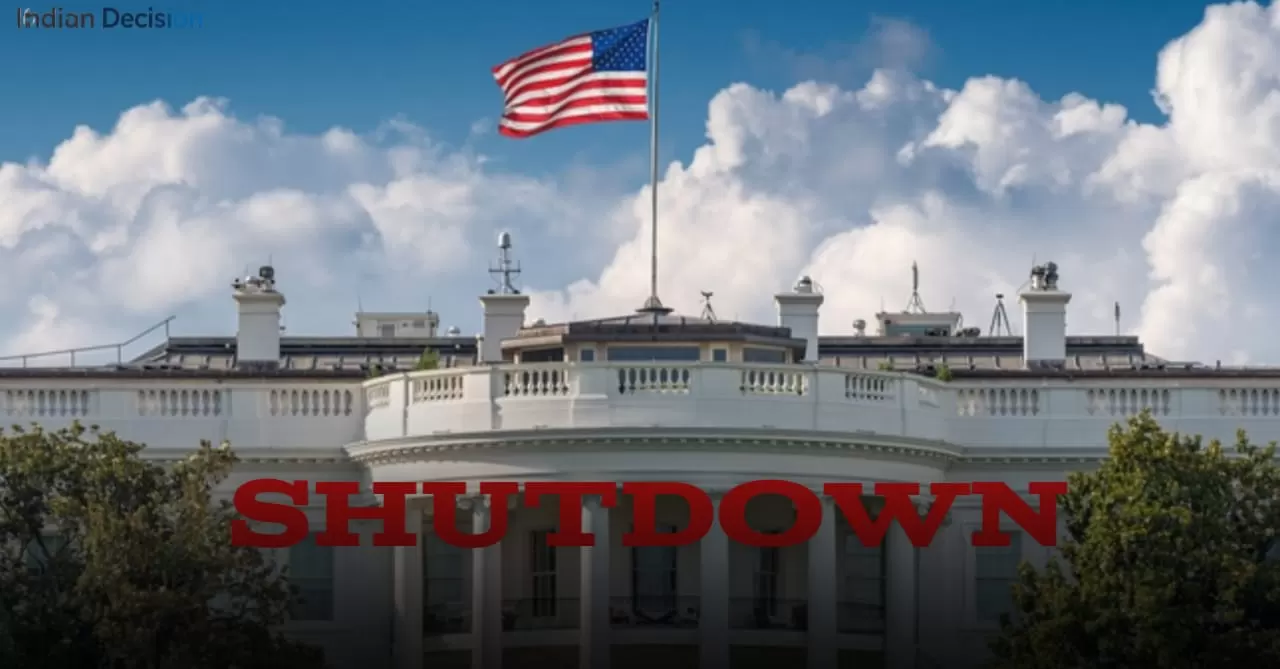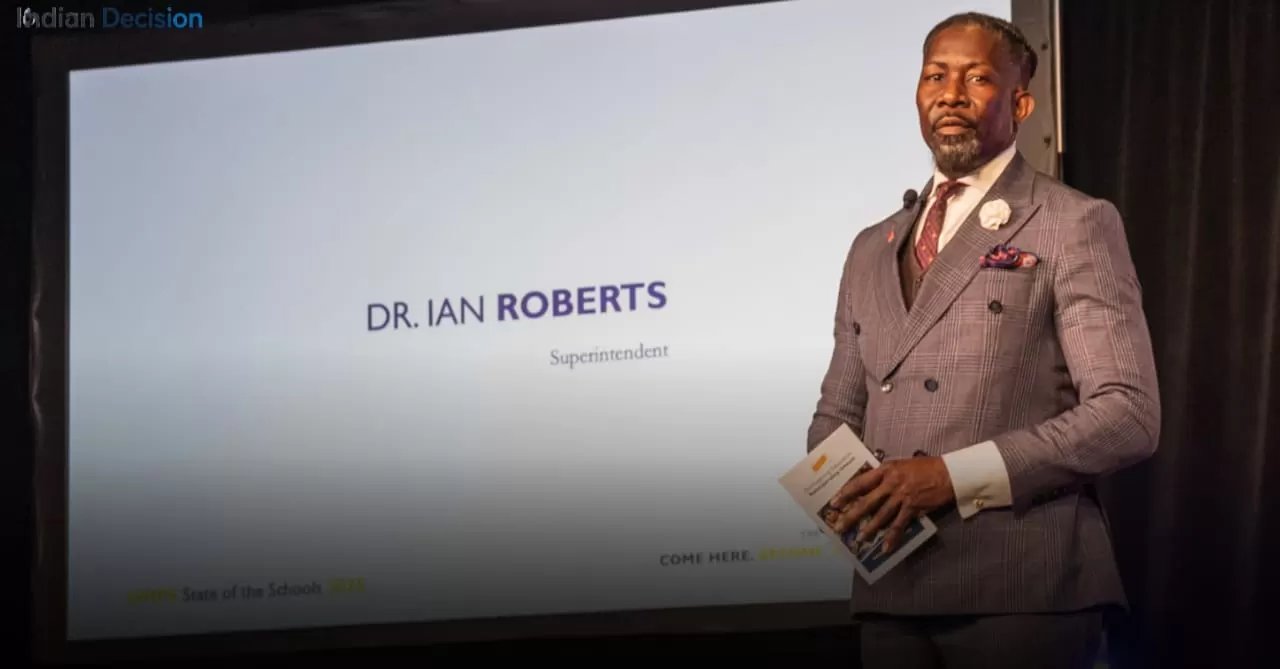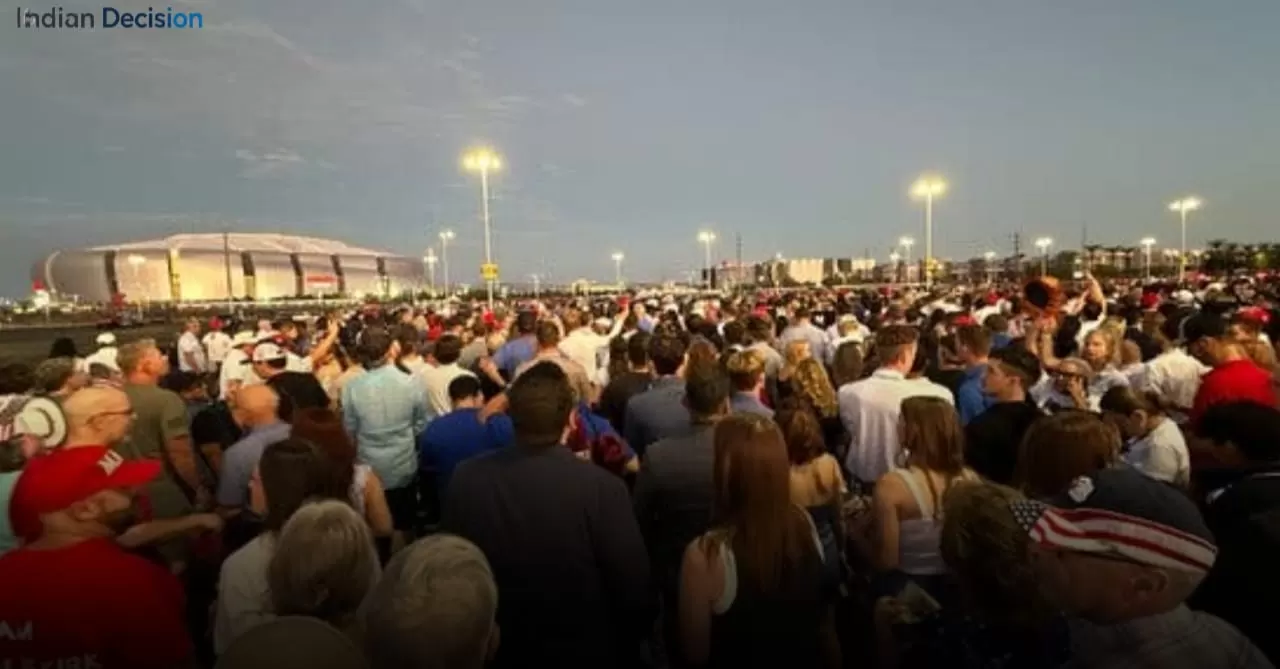Scene of the Shooting
Utah Valley University in Orem was buzzing with activity on September 10, 2025. Conservative activist Charlie Kirk had arrived for a stop on his “American Comeback Tour,” where he often invited young audiences to question his ideas at a table provocatively labeled “Prove Me Wrong.” Around 12:10 p.m., the event took a horrific turn. Witnesses reported hearing a single gunshot just as Kirk began to respond to a pointed question about gun control and mass shootings. Within seconds, he stumbled, his hand clutching his neck. Blood was visible, and screams echoed through the campus quad as students ran for cover.
Students described chaos as security rushed Kirk off the stage. Some attendees dropped their phones in the scramble. Others lay on the ground until police ordered them to move indoors. The idyllic late-summer setting was instantly shattered by the sound of violence, leaving behind overturned chairs, abandoned backpacks, and a campus gripped by shock.
Immediate Aftermath
Law enforcement moved quickly, locking down the university and securing nearby buildings. Early reports suggested someone had been detained, but hours later officials clarified that the person was not the shooter. Federal agencies including the FBI and ATF joined Utah state police and local officers on the ground. The university sent emergency text alerts urging students to shelter in place until authorities cleared the scene.
Helicopters circled overhead as tactical teams searched rooftops. Investigators believe the shot may have been fired from a building 200 yards away, possibly the Losee Center. Witnesses claimed to have seen a figure dressed in tactical-style gear on a rooftop, though that detail has yet to be confirmed.
Charlie Kirk’s Death and Public Reaction
Kirk was rushed by ambulance to a nearby hospital, where surgeons fought to save him. By late afternoon, doctors confirmed what many had feared: he had succumbed to his injuries. At just 31, a controversial yet influential figure in American politics was gone.
News of his death spread quickly. Former President Donald Trump announced it on Truth Social, calling Kirk “a great, legendary patriot who loved America more than anything.” President Joe Biden, in a rare moment of unity, condemned the violence and expressed condolences to Kirk’s family. “Political disagreements must never be settled with a gun,” he said in a televised address.
Statements poured in from across the political spectrum. Senate Majority Leader John Thune said, “There is no place in our country for political violence. Period, full stop.” House Democratic Leader Hakeem Jeffries echoed those words, while California Governor Gavin Newsom labeled the attack “disgusting, vile, and reprehensible.” Former President Barack Obama wrote on X that the shooting was “despicable,” and Israeli Prime Minister Benjamin Netanyahu praised Kirk as a “lion-hearted friend of Israel.”
Who Was Charlie Kirk?
Charlie Kirk was born on October 14, 1993, in Arlington Heights, Illinois. The son of a project manager and a homemaker, he developed an interest in politics as a teenager. By 2012, at just 18, he founded Turning Point USA (TPUSA), a nonprofit aimed at energizing conservative students on college campuses. What began with a folding table and flyers grew into a national network with chapters in nearly every state.
Under Kirk’s leadership, TPUSA expanded its influence through high-profile events, conferences, and media platforms. He became a fixture on Fox News, hosted a popular podcast downloaded hundreds of thousands of times daily, and amassed millions of followers on social media. His political style was confrontational, unapologetic, and deeply loyal to Donald Trump. Supporters admired his boldness and commitment to conservative values; critics accused him of fueling division and spreading misinformation.
Kirk married Erika Frantzve, a former Miss Arizona USA and podcaster, in 2021. Together they had two young children. Friends described him as a devoted father who balanced an aggressive public persona with a private life grounded in faith and family.
Investigations Underway
Authorities are treating the case as a targeted assassination. Investigators believe the gunman had a clear line of sight and may have planned the attack for weeks. Ballistics experts are analyzing the bullet recovered from the scene. Surveillance footage is being reviewed frame by frame, and agents are canvassing neighborhoods around the university.
No suspect has been officially named. Confusion grew after a man initially detained was later released without charges. Police confirmed he was not involved. Rumors swirled online about extremist ties, but officials urged the public to await verified information. As of September 11, the shooter remains at large, and the motive is unclear.
Political Violence on the Rise
Kirk’s killing is the latest in a string of violent incidents targeting political figures. In recent months, a Minnesota state lawmaker survived a shooting at her home, and former President Trump narrowly escaped an assassination attempt at a rally in Pennsylvania. Security experts warn of a dangerous escalation, with political rhetoric intensifying and threats against public officials reaching record highs.
According to the U.S. Capitol Police, threats against lawmakers have tripled since 2016. Experts point to polarization, online radicalization, and the easy availability of firearms as contributing factors. For many, Kirk’s death represents not just a personal tragedy but a stark symbol of a nation struggling to contain political violence.
Impact and Legacy
- Youth Mobilizer: Through Turning Point USA, Kirk mobilized a generation of conservative students who felt alienated on liberal-leaning campuses.
- Media Influencer: His podcast and radio show made him one of the most prominent conservative voices among millennials and Gen Z.
- Polarizing Figure: Admired by supporters for his clarity and conviction, reviled by critics for his sharp rhetoric and combative style.
- Global Reach: His influence extended beyond U.S. borders, with connections to conservative leaders in Europe and Israel.
Community Reaction in Utah
Utah Valley University students gathered for vigils, lighting candles and leaving flowers at the site of the shooting. Some described feeling shaken that violence had touched their quiet campus. “We came to ask tough questions, not to witness a murder,” one student told local reporters. Faculty members called for healing while also demanding stronger security measures for future events.
Local leaders in Orem expressed sorrow. Mayor Dave Young called the incident “a wound to our community and our nation.” Churches opened their doors for prayer services, and counselors were made available to students traumatized by the chaos.
What Comes Next?
The investigation will likely dominate headlines in the weeks ahead. Lawmakers are expected to hold hearings on campus safety and political extremism. TPUSA, meanwhile, faces an uncertain future. Insiders say the organization is preparing a nationwide memorial tour to honor Kirk’s life, though leadership succession remains unclear.
Questions also hang over future political events. Should open-air campus gatherings continue without heavy security? How can universities protect free speech while ensuring safety? And what role does rhetoric play in fueling violence? These debates will intensify as the country processes the shock.
Conclusion
The events of September 10, 2025, will be remembered as a grim day in American politics. What began as a lively campus debate ended in bloodshed, cutting short the life of a man who, for better or worse, shaped political discourse among America’s youth. Charlie Kirk’s death is more than a headline it is a reminder of the fragility of democracy in a climate of anger and polarization. As investigations continue, his supporters mourn, his critics reflect, and the nation confronts the cost of political violence.
For now, one thing is clear: Charlie Kirk’s influence will outlive him, but the manner of his death leaves a haunting question about where America is headed.

